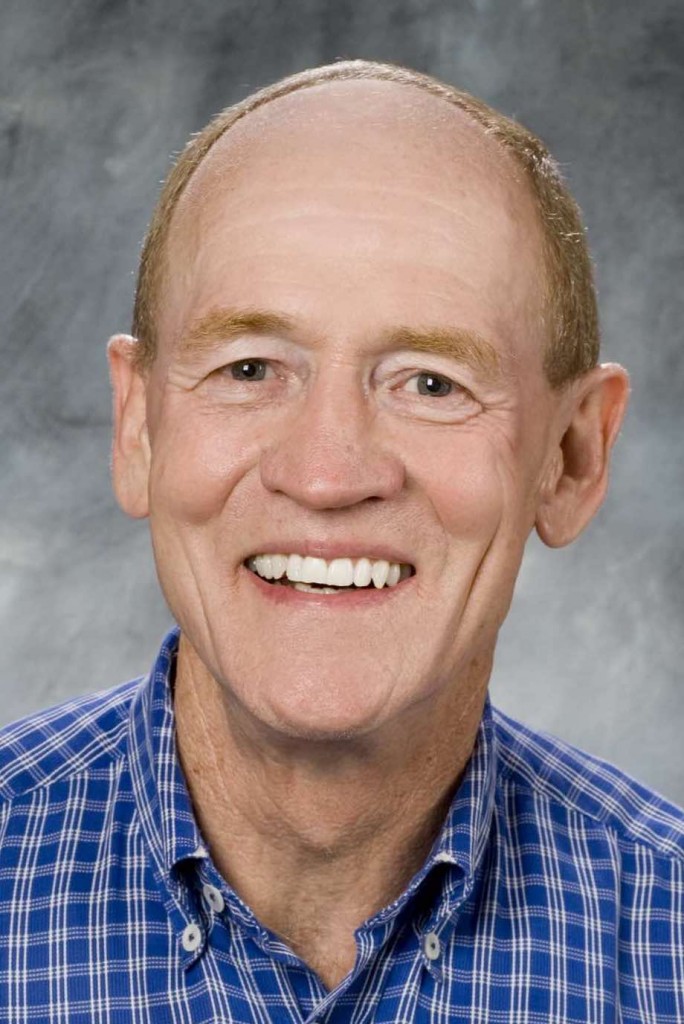 RNH is organising, with others, an international conference in the meeting hall of the National Museum Monday 29 August between 14 and 17 on a topic hotly debated in Iceland: Two ways of allocating fishing rights, on the basis of catch history (with transferability, implying that a market allocation by trade takes over after an initial allocation) or by regular government auctions. Gary Libecap, Professor of Economics at the University of California in Santa Barbara, gives a lecture on “The Allocation of Fishing Permits”. There he tries to answer the question what system of fishing rights is likely to produce most economic benefits in the long term. He compares allocation on the basis of catch history, or “grandfathering”, which has been most common in the move from free and open access, and allocation by regular government auctions, much-discussed in Iceland but not widely tried. He also discusses the experience of utilising other kinds of natural resources such as oil wells and land. Professor Libecap is an internationally acknowledged expert on resource economics and has published several books and papers on natural resources in the American Economic Review, Journal of Political Economy and other scientific journals. He is a past president of the Economic History Association, the Western Economics Association International and the International Society for the New Institutional Economics.
RNH is organising, with others, an international conference in the meeting hall of the National Museum Monday 29 August between 14 and 17 on a topic hotly debated in Iceland: Two ways of allocating fishing rights, on the basis of catch history (with transferability, implying that a market allocation by trade takes over after an initial allocation) or by regular government auctions. Gary Libecap, Professor of Economics at the University of California in Santa Barbara, gives a lecture on “The Allocation of Fishing Permits”. There he tries to answer the question what system of fishing rights is likely to produce most economic benefits in the long term. He compares allocation on the basis of catch history, or “grandfathering”, which has been most common in the move from free and open access, and allocation by regular government auctions, much-discussed in Iceland but not widely tried. He also discusses the experience of utilising other kinds of natural resources such as oil wells and land. Professor Libecap is an internationally acknowledged expert on resource economics and has published several books and papers on natural resources in the American Economic Review, Journal of Political Economy and other scientific journals. He is a past president of the Economic History Association, the Western Economics Association International and the International Society for the New Institutional Economics.
 Ragnar Arnason, Professor of Fisheries Economics at the University of Iceland, gives a lecture on “Fisheries Taxation and Economic Efficiency”. He analyses three common fallacies in the discussion on the fisheries: 1) that fisheries profits are generated only by the resource and not by the fishing firms; 2) that only holders of fishing rights gain by the introduction of an efficient system; and 3) that fisheries profits can be taxed without negative economic impacts. Professor Arnason has published widely in the field of resource economics and has served as an adviser on fisheries to the World Bank and other international organisations in many countries.
Ragnar Arnason, Professor of Fisheries Economics at the University of Iceland, gives a lecture on “Fisheries Taxation and Economic Efficiency”. He analyses three common fallacies in the discussion on the fisheries: 1) that fisheries profits are generated only by the resource and not by the fishing firms; 2) that only holders of fishing rights gain by the introduction of an efficient system; and 3) that fisheries profits can be taxed without negative economic impacts. Professor Arnason has published widely in the field of resource economics and has served as an adviser on fisheries to the World Bank and other international organisations in many countries.
After the two keynote lectures a panel of scholars from different fields will discuss them, with Professor Birgir Thor Runolfsson in the chair. The four panelists are: Dr. Tryggvi Thor Herbertsson who as a former Director of the Economic Research Institute of the University of Iceland and a former Member of Parliament had wide experience in the field; Helgi A. Gretarsson, Professor of Law at the University of Iceland, who has published several books and papers on the legal aspects of fisheries management; Charles Plott, Professor of Economics at the California Institute of Technology, a renowned expert on experimental economics, with special interest in auctions; and Hannes H. Gissurarson, Professor of Politics at the University of Iceland, who has published books and papers on the ethics and politics of allocating private rights to utilise natural resources, most recently in the book The Icelandic Fisheries: Sustainable and Profitable, published by the University of Iceland Press in 2015 and available online. The participation by RNH in the conference forms a part of the joint project by RNH and AECR, The European Alliance of Conservatives and Reformists, on “Europe, Iceland and the Future of Capitalism”. It is also a fruit of the cooperation between RNH and IDDE, the Institute for Direct Democracy in Europe.


